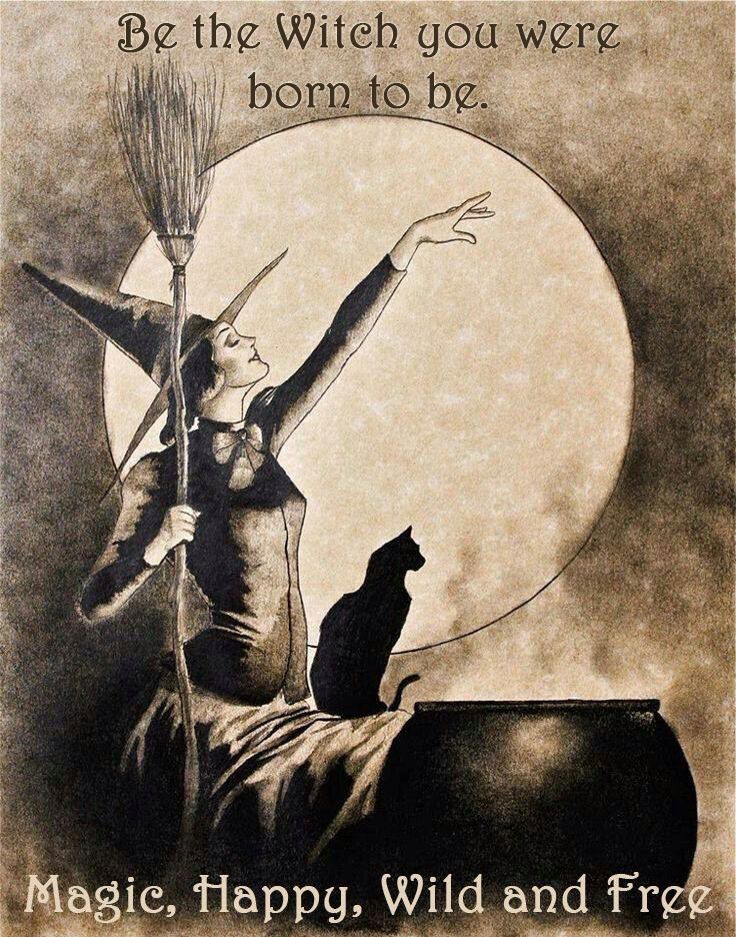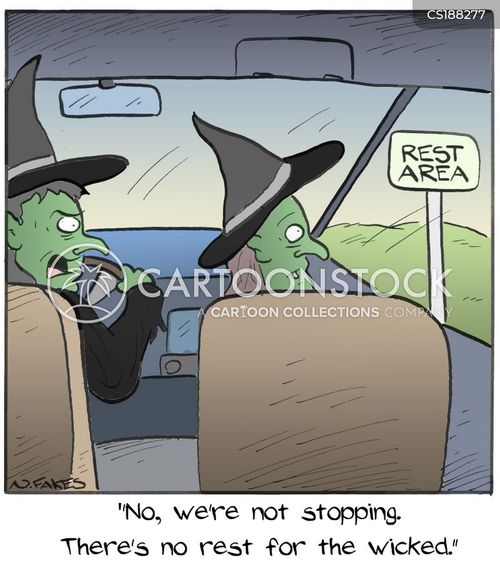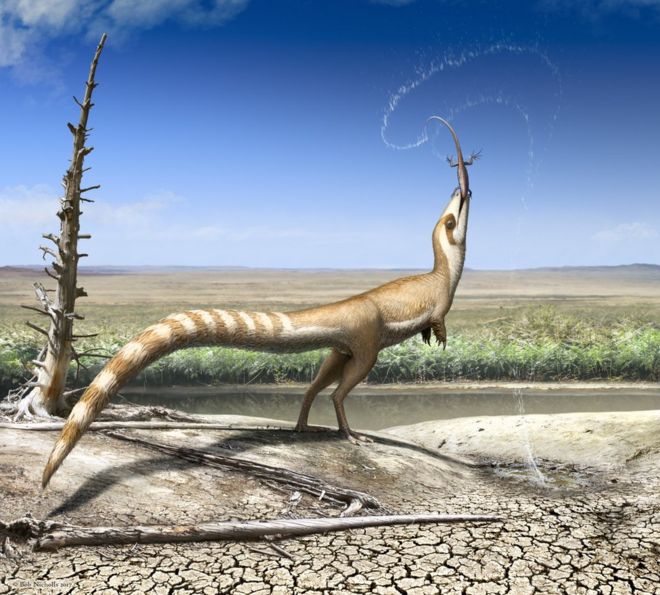
You either love it or hate it, there’s little variance between the two. Candy Corn, some describe it as waxy and sickeningly sweet, and others just can’t seem to get enough of this seasonal treat. Whether handed out in small packets at Halloween or served in heaping bowls on grandma’s table, Candy Corn is an icon of the season, and you know that Autumn is here when it starts showing up.
In the late 1800’s, George Renniger of the Wunderle Candy Company created this colorful confection to celebrate the beauty of corn, and the deep autumnal colors. During that time winter was a long and cold affair, with electricity not quite having come into common usage. The bright colors of these candies could last throughout, bringing both a visceral joy and a burst of much-needed sugar during the dark time of the year.
It didn’t hurt that the related companies realized that specialized candy for Halloween was becoming increasingly popular, and so more and more styles of Halloween candies became popular throughout the year. Next on the list to be created by Wunderle were the Candy Pumpkins made from Mellocreme. Candy Corn Day is the celebration of this delicious treat, and everything to follow it in years to come.
thanks for the Halloween pics, Shelley

Word of the Day
| |||
| Definition: | (adjective) Free from undue bias or preconceived opinions. | ||
| Synonyms: | impartial | ||
| Usage: | I claim to be an absolutely unprejudiced witness. | ||

Idiom of the Day
bottom of the ninth— The final and critical moment or moments of a tense, important, or desperate situation. It refers to the ninth inning of baseball, the "bottom" of which is batted by the home team as their last chance to win the game. Primarily heard in US, South Africa. |

History
| ||
As a noble from the House of Lancaster, Henry fled England when the rival House of York triumphed in 1471. He later returned, rallied his supporters, and defeated Richard III in 1485. He then married Elizabeth of York and ended the Wars of the Roses between the two houses. Plots against him persisted, and two years later, Yorkists rebelled in support of Lambert Simnel, a boy they claimed was the Earl of Warwick.
Angelica Kauffmann (1741)
Swiss-born painter Angelica Kauffman studied art in Italy as a child. She was a protégée of Joshua Reynolds, who took her to London in 1766. Two years later, Reynolds became the first president of the Royal Academy and Kauffman one of the founding members. She became known for her decorative work and her portraits of female sitters. Returning to Italy, she flourished in artistic and literary circles.
American Royal Livestock, Horse Show and Rodeo
Also known as the American Royal, or simply the Royal, this is the oldest, and one of the largest, livestock shows and rodeos in the United States, dating back to the period just after the Civil War. The main events occur in October and November. The American Royal Rodeo is the final rodeo of the season on the professional circuit, featuring over 700 professional riders and offering more than $100,000 in prize money. There are also livestock auctions, horse and livestock shows, country music concerts, barbecue competitions, and a parade through downtown Kansas City.
Dinosaur sported 'bandit mask'
| A dinosaur from China sported a "bandit mask" pattern in the feathers on its face, scientists have said. Researchers came to their conclusion after studying three well-preserved fossil specimens of the extinct creature, called Sinosauropteryx. |

Dinosaur sported 'bandit mask'
1735 - John Adams, the second President of the United States, was born in Braintree, MA. His son became the sixth President of the U.S.
1894 - The time clock was patented by Daniel M. Cooper of Rochester, NY.
1938 - Orson Welles' "The War of the Worlds" aired on CBS radio. The belief that the realistic radio dramatization was a live news event about a Martian invasion caused panic among listeners.
1944 - Martha Graham's ballet "Appalachian Spring" premiered at the Library of Congress.
1953 - General George C. Marshall was awarded the Nobel Peace Prize.
1984 - Barry Manilow opened at Radio City Music Hall in New York. The shows sold out for $1.9 million. Manilow beat the previous record by $100,000 that was held by Diana Ross.
1993 - Martin Fettman, America's first veterinarian in space, performed the world's first animal dissections in space, while aboard the space shuttle Columbia.
2001 - In New York City, U.S. President George W. Bush threw out the first pitch at Game 3 of the World Series between the New York Yankees and the Arizona Diamondbacks.